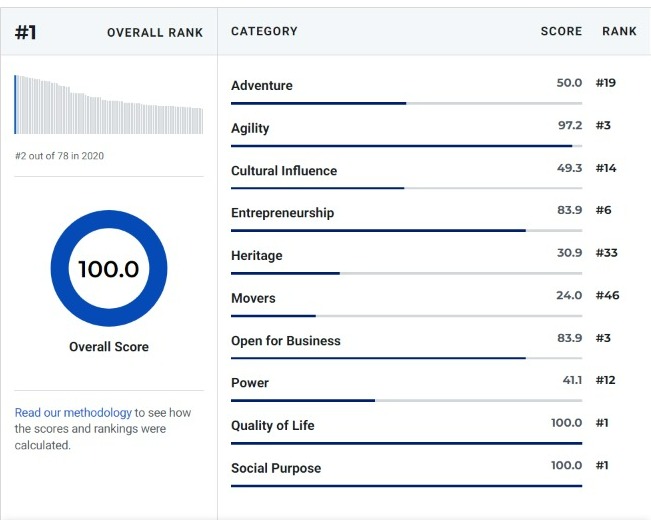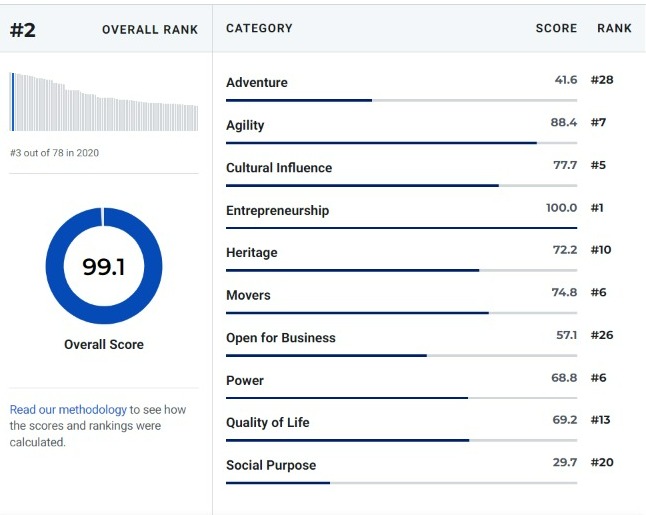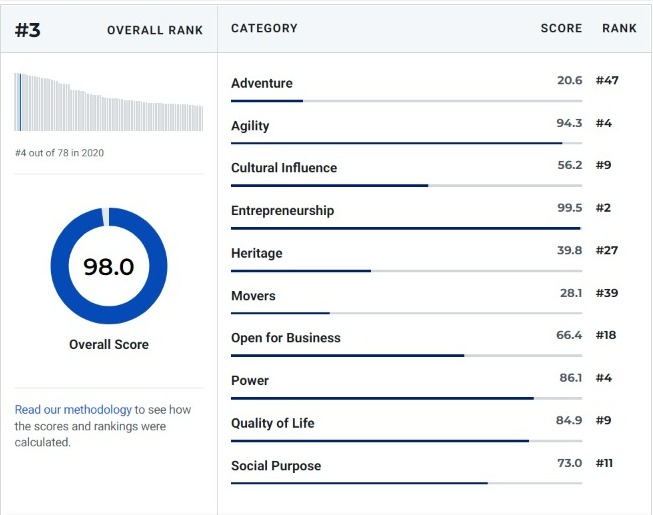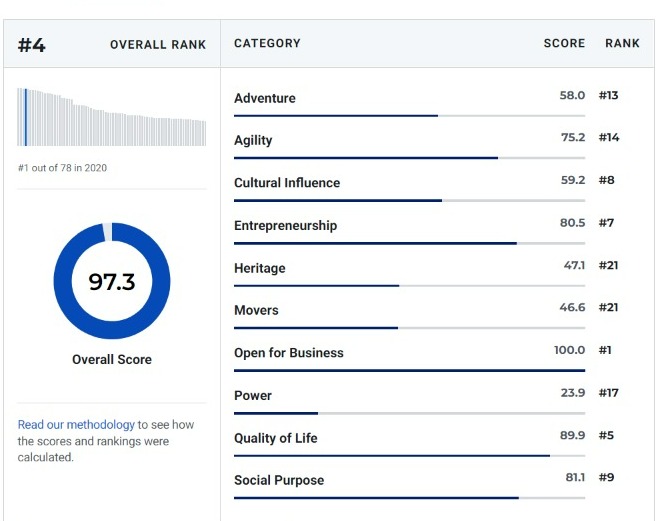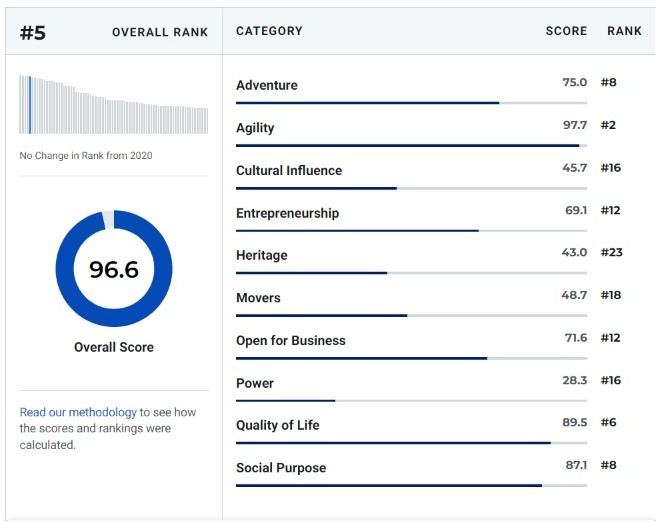All You Need To Know About World Day Of Social Justice
5 minuteRead
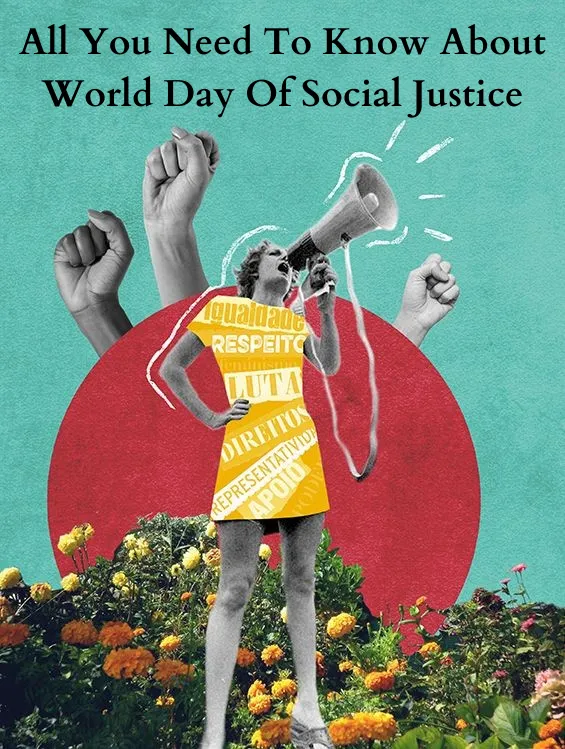
On 26 November 2007, the UN General Assembly declared that starting from the 63rd session of the Assembly, 20 February will be celebrated annually as the World Day of Social Justice. The United Nations' pursuit of social justice is part of its larger goal to promote social development and human dignity around the world. The celebration focuses on making sure that employees are treated fairly through employment, social protection, and social dialogue, as well as fundamental rights and responsibilities in the workplace.
According to the former United Nations Secretary-General Ban Ki-moon, “the gap between the poorest and the wealthiest around the world is wide and growing. This situation is not only between countries but within them, including many of the most prosperous. The World Day of Social Justice is observed to highlight the power of global solidarity to advance opportunity for all” (UN, 2014).
Every year, the United Nations conducts an event to commemorate this day and the individuals who have contributed to its success. Teachers and parents alike celebrate this day to teach the world's young children about social injustice ideas and why they are important, so that the future generation does not repeat the mistakes of the last, and we may all live a happy, safe, and full life free of fear. "Injustice anywhere is a threat to justice everywhere," said Martin Luther King Jr.
The overall ranking of Best Countries measures global performance on a variety of metrics. The list of countries as of 2021 is as below.
1. Canada
Source: USNews.com
According to Farida Deif, the Canada Director at Human Rights Watch, Canada's reputation as a champion of human rights stems in part from its refugee-friendly policies and image as a country that "celebrates diversity". Canada's vast northern wilderness, as well as the country's reputation for accepting immigration, play important roles in Canadian identity. Canadians take pleasure in encouraging all of their inhabitants to respect and celebrate their respective cultures.
Canada enacted a national multiculturalism policy in 1971, which embraces the country's variety. At the same time, Canada faces national difficulties connected to indigenous peoples' concerns and those in Quebec, which is primarily French-speaking. While constitutional safeguards give the province broad cultural and linguistic autonomy, calls for complete independence come in waves.
2. Japan
Source: USNews.com
Japan is a prosperous liberal democracy with a thriving civil society and the world's third-largest economy. There is no law in Japan forbidding discrimination based on race, ethnicity, religion, sexual orientation, or gender identity. Each year, it welcomes a very limited number of refugees, usually from Asia. There are no national human rights organizations in Japan.
Japan voted in favor of the International Labour Organization’s ground-breaking Convention on Violence and Harassment after parliament enacted legislation in May that requires corporations to implement measures to prevent power harassment as early as April 2020 for large businesses and April 2022 for medium-to-small businesses.
3. Germany
Source: USNews.com
Germany has a social market economy, which combines open-market capitalism with social welfare guarantees. Its economy is one of the greatest in the world, and Germany is a major importer and exporter. The country's economy is dominated by services, which include businesses like telecommunications, health care, and tourism. Other important economic sectors include industry and agriculture.
Germany has accomplished something that few other EU countries have: it has successfully closed the social fairness gap since 2008. This is due in large part to the favorable labor market condition in Germany: efforts to keep older workers employed and combat long-term unemployment have resulted in a strong positive labor market development. In consequence, Germany's robust labor market has aided social fairness.
In addition, the implementation of a national minimum wage and the opportunities provided by the dual vocational training system, in which learners receive practical training in the industry with respect to theoretical school-based instruction, have contributed to reducing social inequalities. However, there was some progress in the areas of education, integration, and health.
4. Switzerland
Source: USNews.com
Switzerland has climbed back into the top ten countries in the Global Gender Gap Report for 2021, with the narrowest gender gap score in its history. The most recent federal legislative elections, held in October 2019, would go down in history as the "women's" election, with more women elected to the two chambers of parliament than ever before. The National Council ("lower house") has 42 percent female representation.
Following a global trend, Switzerland has made significant progress in terms of gender equality in education, with more young women than males now completing higher vocational training or education. The reasons behind this are varied, with suggested explanations ranging from women's greater effort in pre-university grades to men's enthusiasm to begin working at a young age. Men have an important role to play in achieving gender equality. Swiss voters approved a law ensuring compensated paternity leave on September 27, 2020, with a decisive majority of 60.3 percent.
5. Australia
Source: USNews.com
The quest towards true reconciliation with Indigenous Australians is one of the most important issues of social justice in our country. To assist this effort, corporations and educational institutions around Australia are creating Reconciliation Action Plans. Reflect (preparing for reconciliation), Innovate (implementing a plan), Stretch (integrating it into your organization or school's structure), and Elevate are the four pillars (establishing leaders in the reconciliation movement). The establishment of Reconciliation Week and former Prime Minister Kevin Rudd's historical apology to the Stolen Generation were two pivotal moments in this movement.
The inclusion of same-sex marriage in the Marriage Amendment (Definition and Religious Freedoms) Bill 2017 was a watershed moment for Australia's LGBTQI community. It was a watershed moment in the fight for social justice, and it was just one of many victories for the LGBTQI community in recent years. In terms of studying, a comprehensive handbook was published in 2015 to help students make the transition to postsecondary education. The LGBTI University Guide was created by the Australian Human Rights Commission to help LGBTI students find support and inclusion in their studies.
Write, Record and Answer! Consume Unlimited Content! All you need to do is sign in and its absolutely free!
Continue with one click!!By signing up, you agree to our Terms and Conditions and Privacy Policy.




